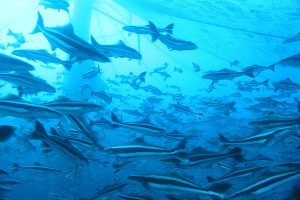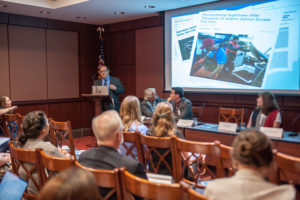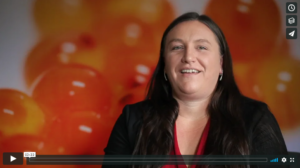

Marine Aquaculture Congressional Briefing
July 13, 2022 – Online webinar Around the globe, advances in science and technology have enabled a thriving, environmentally sound, and sustainable marine aquaculture industry.
American Fisheries Society Family of Websites:
Read our five journals and Fisheries magazine
Find thousands of unpublished agency reports and other information
Join us in Honolulu in 2024
Find an AFS Unit near you or in your area of specialty
Learn how to communicate the effects of climate change on fisheries
Summer internships for high school students
Explore our initiatives to increase diversity in the Society and in the fisheries profession
Find fisheries science products and services
Quick answers to common questions


July 13, 2022 – Online webinar Around the globe, advances in science and technology have enabled a thriving, environmentally sound, and sustainable marine aquaculture industry.




(Letter sent to all U.S. Senators) February 14, 2022 United States Senate Constitution Ave., NW Washington, D.C. 20510 Dear Senator, We write to request your




June 28, 2021 President Joseph R. Biden The White House 1600 Pennsylvania Avenue NW Washington, DC 20500 Dear President Biden, As your Administration seeks to
Congressional Briefing presented by the American Fisheries Society and NOAA Fisheries, June 29th, 2021 Offshore aquaculture in the U.S. presents a rare opportunity to reduce




The American Fisheries Society (AFS) supports sustainable growth of aquaculture. The demand for fish is expected to grow significantly in the next decade, but it
The American Fisheries Society (AFS) supports responsible and humane production of fish in aquaculture facilities. Yesterday, the nonprofit Washington, D.C.-based organization, Compassion Over Killing, released


Capitol Hill Ocean Week presented an opportunity for AFS to bring congressional staffers and environmental organizations together for “Mythbusting Marine Aquaculture,” a science-focused briefing in


AFS President Jesse Trushenski’s recorded introduction to an AFS and NOAA Capitol Hill briefing on “Mythbusting Marine Aquaculture” on June 6, 2019. Jesse Trushenski’s Introduction
On Monday, Sept. 24, U.S. District Judge Jane Triche Milazzo ruled in favor of environmental, public interest and fishing groups who filed suit against the

